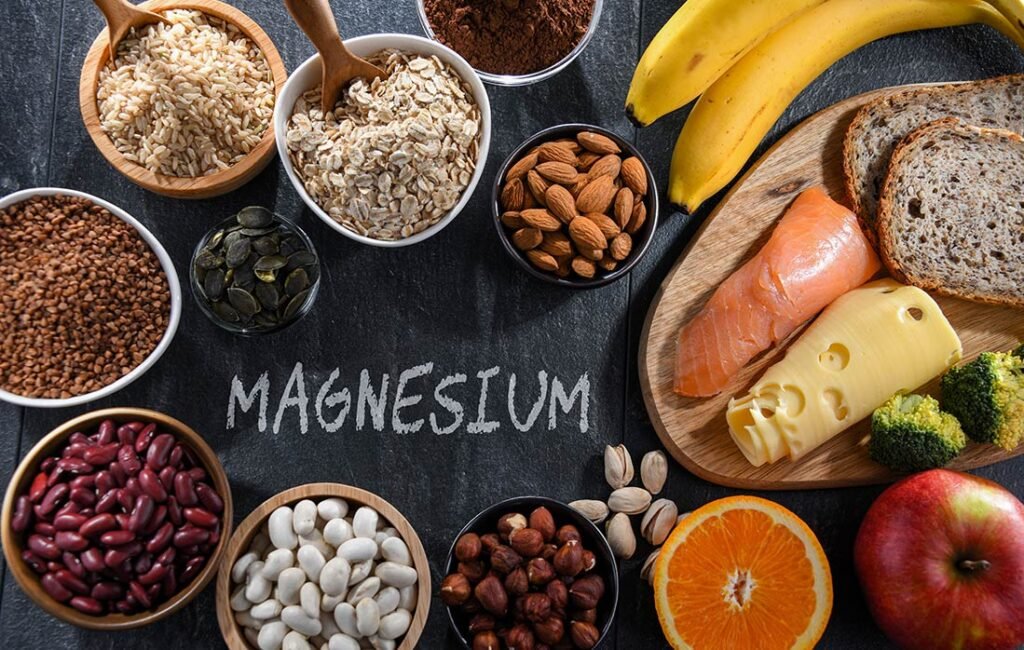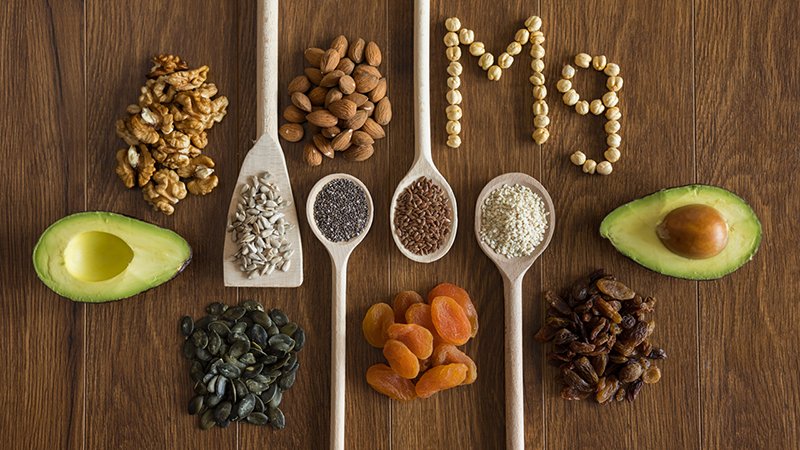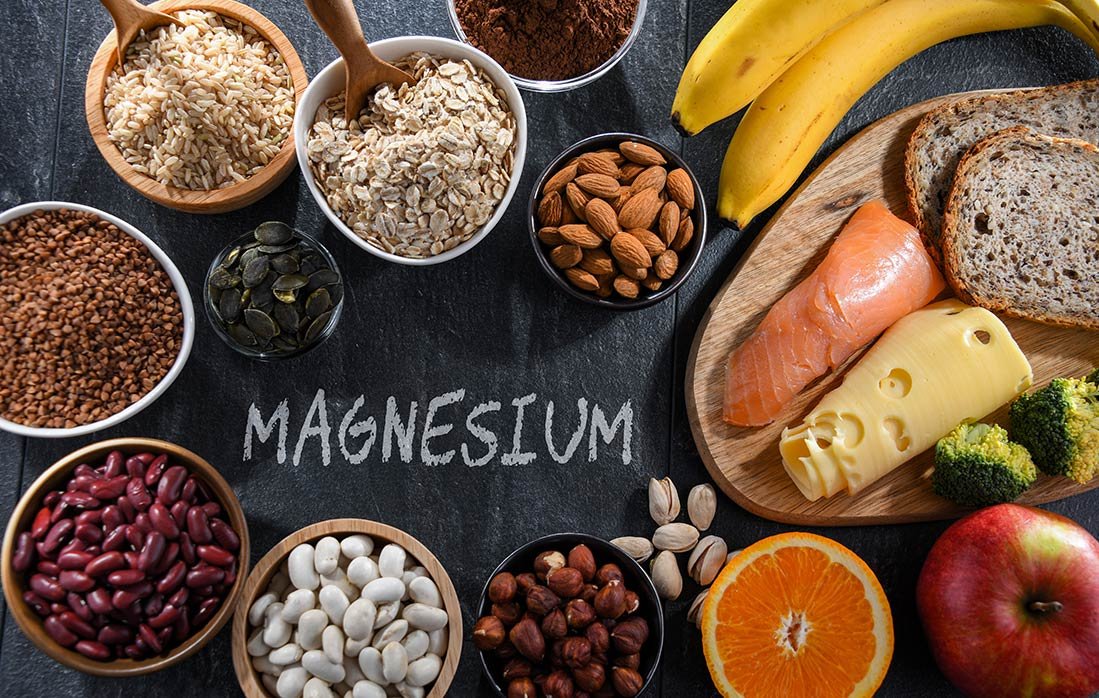
Anxiety and depression have become pervasive challenges in today’s fast-paced world, affecting millions of people globally. Despite the availability of conventional treatments like medication and therapy, many individuals seek natural solutions to support their mental health. This growing interest highlights the importance of exploring nutritional remedies that align with the body’s natural processes. Among these, magnesium and B vitamins stand out as powerful allies in managing anxiety and depression.
The link between nutrition and mental health cannot be overstated. Our brains rely on a steady supply of nutrients to regulate mood, manage stress, and maintain cognitive function. Magnesium and B vitamins play pivotal roles in these processes, acting as the unsung heroes of mental well-being. These nutrients are not only essential for physical health but are also instrumental in reducing symptoms of anxiety and depression, offering a natural and holistic approach to mental health care.
In this article, we will delve into the science behind magnesium and B vitamins, exploring their profound effects on mental health. By understanding their benefits and learning how to incorporate them into daily life, you can take meaningful steps toward achieving emotional balance and resilience. Let’s uncover the secrets of these natural remedies and how they can transform your mental health journey.
Magnesium: The Calming Mineral

What is Magnesium?
Magnesium is a vital mineral involved in over 300 enzymatic reactions in the body. From regulating muscle and nerve function to supporting energy production, magnesium is a cornerstone of health. Its calming properties extend to the nervous system, making it a critical nutrient for mental well-being.
Magnesium’s Role in Mental Health
Magnesium plays a direct role in regulating neurotransmitters, the chemical messengers that influence mood and stress responses. It modulates the hypothalamic-pituitary-adrenal (HPA) axis, the system responsible for our stress response. When magnesium levels are adequate, the HPA axis remains balanced, reducing feelings of anxiety and promoting relaxation.
A deficiency in magnesium has been linked to heightened stress, irritability, and even depression. This is because low magnesium levels can cause dysregulation of neurotransmitters like serotonin and dopamine, both crucial for mood stabilization.
Scientific Evidence
Numerous studies underline magnesium’s potential in alleviating symptoms of anxiety and depression. For example, a 2017 randomized clinical trial found that magnesium supplementation significantly improved depressive symptoms in adults. Similarly, research published in the journal Nutrients highlighted its efficacy in reducing anxiety, especially in individuals with low dietary magnesium intake.
Natural Sources of Magnesium
Incorporating magnesium-rich foods into your diet is a simple and effective way to boost your intake. Some excellent sources include:
- Leafy greens: Spinach, kale, and Swiss chard
- Nuts and seeds: Almonds, cashews, sunflower seeds, and pumpkin seeds
- Whole grains: Brown rice, quinoa, and oats
- Legumes: Black beans, lentils, and chickpeas
For those unable to meet their magnesium needs through diet alone, supplements such as magnesium citrate or glycinate are well-tolerated options. Always consult with a healthcare provider to determine the appropriate dosage for your needs.
B Vitamins: The Brain’s Powerhouses
What are B Vitamins?
The B-vitamin complex comprises eight water-soluble vitamins that work synergistically to support energy production, brain health, and cellular function. They are indispensable for maintaining a healthy nervous system and play a crucial role in mood regulation.
Specific B Vitamins for Mental Health
- Vitamin B6 (Pyridoxine): This vitamin is essential for the production of serotonin and dopamine, neurotransmitters that regulate mood. Low levels of B6 have been associated with increased anxiety and depression.
- Vitamin B12 (Cobalamin): B12 is vital for cognitive function and emotional stability. It supports the synthesis of myelin, the protective sheath around nerves, and prevents brain fog and fatigue commonly linked to depression.
- Folate (Vitamin B9): Folate plays a key role in DNA synthesis and neurotransmitter production. It also helps break down homocysteine, an amino acid linked to depression when present in high levels.
Scientific Evidence
The connection between B vitamins and mental health is well-documented. A study in The American Journal of Clinical Nutrition found that individuals with higher levels of B vitamins had a lower risk of developing depression. Another meta-analysis showed that B-vitamin supplementation could significantly reduce depressive symptoms, particularly in individuals with existing deficiencies.
Sources of B Vitamins
B vitamins are abundant in a variety of foods, including:
- Whole grains: Brown rice, barley, and millet
- Legumes: Lentils, black beans, and chickpeas
- Animal products: Eggs, fish, poultry, and dairy
- Fortified foods: Breakfast cereals and plant-based milk alternatives
For those at risk of deficiency, such as vegetarians or individuals with absorption issues, B-vitamin supplements can provide an effective solution. Look for high-quality, bioavailable forms like methylcobalamin for B12 and methylfolate for B9.
Synergistic Effects of Magnesium and B Vitamins
How They Work Together
Magnesium and B vitamins complement each other in supporting mental health. While magnesium calms the nervous system, B vitamins fuel the brain’s biochemical processes. Together, they enhance neurotransmitter production and improve the body’s resilience to stress.
For instance, magnesium aids in the activation of B vitamins, ensuring they are metabolically available for energy production and neurotransmitter synthesis. This synergistic relationship amplifies their individual benefits, making them a powerful duo for combating anxiety and depression.
Practical Tips for Combining Magnesium and B Vitamins
- Balanced Diet: Incorporate foods rich in both nutrients, such as leafy greens, nuts, whole grains, and legumes.
- Supplementation: Consider a high-quality multivitamin or targeted supplements that combine magnesium with B vitamins.
- Timing: Take magnesium in the evening to promote relaxation and B vitamins in the morning to support energy levels.
Considerations and Cautions
Who Can Benefit from These Remedies?
Individuals with dietary deficiencies, high stress levels, or chronic fatigue are likely to benefit most from magnesium and B-vitamin supplementation. Pregnant women, older adults, and those with certain medical conditions may also require additional support.
Potential Side Effects and Interactions
While generally safe, excessive intake of magnesium can cause digestive issues, and high doses of certain B vitamins may lead to toxicity. Always follow recommended dosages and consult with a healthcare provider before starting any new supplement regimen.
When to Seek Professional Help
Natural remedies can be highly effective, but they are not a replacement for professional medical care. If symptoms of anxiety or depression persist or worsen, seek guidance from a qualified mental health professional.
Conclusion
Magnesium and B vitamins offer a promising natural approach to managing anxiety and depression. These nutrients work in harmony to regulate mood, calm the nervous system, and enhance overall mental well-being. By addressing nutritional deficiencies, they empower individuals to take charge of their mental health in a safe and effective manner.
However, true wellness requires a holistic approach. Combine the benefits of magnesium and B vitamins with a nutrient-dense diet, regular exercise, and mindfulness practices to achieve lasting emotional balance. Remember, small, consistent changes can lead to profound improvements in your mental health.
Take the first step today by evaluating your diet and considering whether these natural remedies could benefit you. Your journey to better mental health starts with informed choices and a commitment to self-care.









